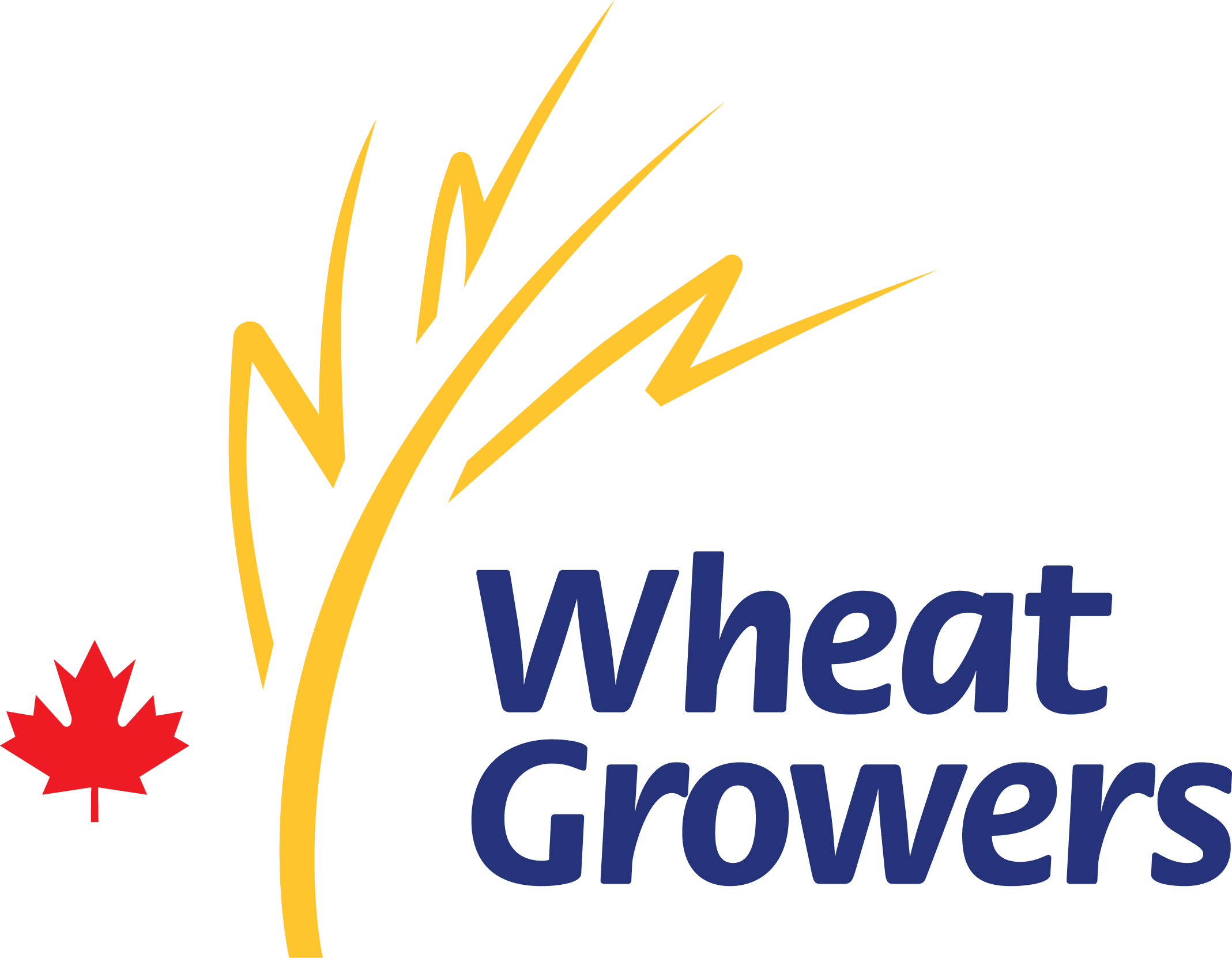CALGARY, AB: In the midst of a global pandemic, the Federal Government is using April Fool’s Day to increase the carbon tax from $20/tonne to $30/tonne. At a time when hundreds of thousands of people are being laid off and many businesses are at least temporarily closing, the tax on just about everything is increasing. Many individuals and businesses are facing financial ruin and yet everything from their groceries to a litre of gas is going to cost more.
In 2018, a family of four spent $12,000 annually on groceries and eating out. Projections indicate that the increase in the carbon tax will result in a 1% increase in the actual cost. For groceries alone, this amounts to $120/year. The average annual home heating cost is $1,500, which will be increased by another $300 in carbon tax costs. While these are not a huge amounts by themselves, there are additional costs for consumers. This is especially alarming when one considers that “nearly half (48%) of Canadians are $200 or less away from financial insolvency.”
Our food supply chain is fragile and needs to be protected. With some pork and beef slaughterhouses impacted by outbreaks of COVID-19, the last thing that consumers need is an additional price increase.
In fact, large portions of the agricultural piece of the carbon tax are hidden. The fertilizer manufacturer, truck delivery, service representative and parts dealer for the equipment, on-farm costs, trucking and rail transportation of grain to port, and many other pieces in between, all have the carbon tax added to the cost. All of these costs land on the farmer and cannot be passed on to the consumer. Farmers sell their grain at world market prices and most other countries do not have a carbon tax. Like consumers, this increase will only hurt Canadian grain farmers’ bottom line.
Canadian grain farmers have been early adopters of carbon reduction and modern farming techniques. GPS steering, Diesel Emission Fluid, low-till planting, improved input products have all done much to ensure that Canadian grain farmers are at the forefront of environmental care of our farmland.
Using the Government of Canada’s calculations, both on the emission side (NIR) and the grain production side (StatsCan), Canadian grain growers are net-zero carbon emitters. Within the agriculture sector we also capture more than 100 Mt CO2e in the grain we grow, which means that in 2019 the agriculture sector stored 33 Mt CO2e more than we emitted. This means that when our products leave our farm gate, they are net zero. Farmers want to offset their farm emissions with the carbon they capture, the same way that other industries do.
The Western Canadian Wheat Growers call upon the federal government to eliminate the carbon tax on agriculture by recognizing the carbon storage that we create annually. “It is imperative that we keep our grain farmers competitive globally, especially at a time such as this,” closed Gunter Jochum, President.
About the Wheat Growers:
Founded in 1970, the Western Canadian Wheat Growers Association is a voluntary farmer-run advocacy organization dedicated to developing public policy solutions that strengthen the profitability and sustainability of farming, and the agricultural industry as a whole. For more information, please visit wheatgrowers.ca.
For More Information Contact:
Dave Quist, Executive Director
587-224-7221
dquist@wheatgrowers.ca
